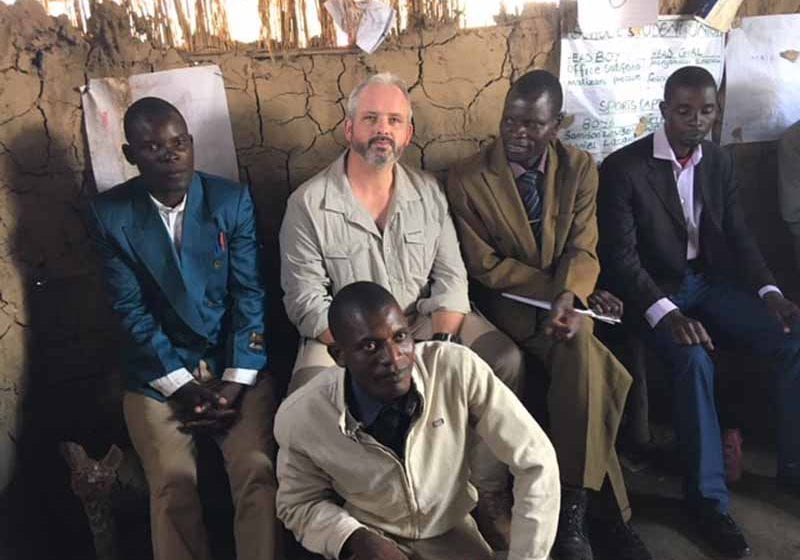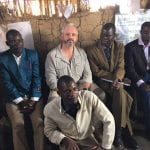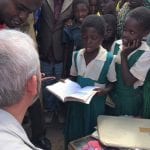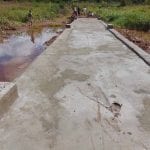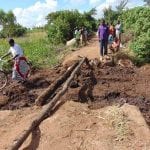A little goes a long way to improve children’s lives in rural communities where tobacco is grown.
Contributed
Joseph, age 7, is one of more than 350 students at Malawi’s Mankhamba Junior Primary School who are struggling with primary education. With only four teachers at the school, Joseph receives little personal attention.
“If only we completed these [teacher] houses, our children could see hope for better education,” the school committee chairperson told the Eliminating Child Labour in Tobacco Growing (ECLT) Foundation. He explained that the village of Mankhamba cannot recruit enough teachers because they do not have funds for proper accommodations. Currently, teachers walk up to 4 kilometers carrying books and lesson plans.
When children in farming communities cannot go to school, they are more likely to work in fields with their parents. Mankhamba village is located in the Ntchisi District in Malawi, a main tobacco-growing region in which the ECLT Foundation has worked since 2011 to engage communities to promote education and fight the root causes of child labor.
What does it take to turn things around for Joseph and other young students in Mankhamba? Working in collaboration with local implementing partner Youth Net and Counseling, the ECLT Foundation was able to act quickly, providing funding and mobilizing the community to renovate and finish three houses for teachers, as well as an office where books and materials can be safely stored away from rain and elements.
Four bridges are also under construction in partnership with the Tobacco Association of Malawi (TAMA). They will make travel easier for more than 15,000 students, teachers and community members in tobacco-growing areas.
This investment of just over $14,000 is relatively small, but it is already making a world of difference for children and their families. Since work started at the beginning of 2018, requested enrollment for Mankhamba Junior Primary School has already increased by more than 30 percent, and community members are contributing manpower and materials to build new classrooms with the hope of offering another grade level at the school.
Through the ECLT Foundation’s larger Clear II project, a water pump has also been strategically installed close to the school and the fields, providing safe water for students and farm workers, as well as helping with irrigation. In addition to improving sanitation at the school, having a well nearby allows girls to attend more classes because they do not have to spend time walking to fetch water.
A sustainable way forward
Throughout this project, the ECLT Foundation has collaborated with local partners, which is the key to ensuring that communities are engaged and feel ownership for the improvements. “This is very important, as the sustainability of the projects is somehow guaranteed,” explains the ECLT Foundation’s project manager in Malawi.
The construction on the teachers’ houses and bridges was set to be finished in May 2018. This “quick impact intervention” is part of the ECLT Foundation’s broader work in Malawi, where the organization has reached more than 190,000 children, farmers and their family members since 2013.
About the ECLT
The ECLT is committed to collaborative solutions for children and their families that combat the root causes of child labor in rural communities in which tobacco is grown. It advocates for strong policies, shares best practices to multiply impact and engages rural families so they can benefit from farming while ensuring that their children are healthy, educated, safe from exploitation and encouraged to reach their full potential.
This article was contributed by the ECLT Foundation (www.eclt.org), an independent, Swiss foundation based in Geneva, Switzerland, since 2000.

